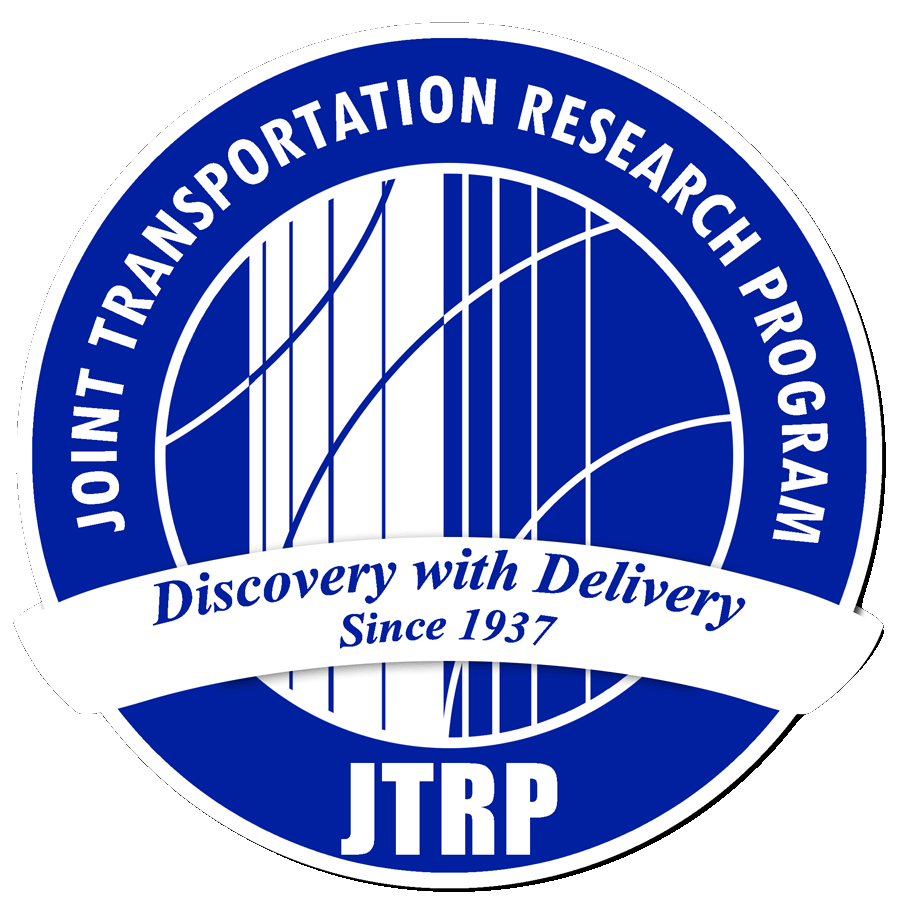Recommended Citation
Huang, D., Velay-Lizancos, M., & Olek, J. (2022). Improving scaling resistance of pavement concrete using titanium dioxide (TiO2) and nanosilica (Joint Transportation Research Program Publication No. FHWA/IN/JTRP-2022/32). West Lafayette, IN: Purdue University. https://doi.org/10.5703/1288284317583
DOI
10.5703/1288284317583
Abstract
This project focused on the evaluation of the influence of nanoadditives on the hydration kinetics, mechanical properties, and durability of concretes with and without supplementary cementitious materials (SCMs). The types of nanomaterials used in the course of this study included nano-titanium dioxide (nano-TiO2) and two forms of nanosilica. A series of experimental tasks, including fabrication, curing, and conditioning of specimens, microstructure analysis, mechanical strength testing, and durability testing were conducted in the laboratory. Based on experimental results, it can be concluded that the addition of nanoparticles can accelerate the early-age hydration process of cementitious pastes, especially those containing fly ash and cured at low temperatures. Both the compressive and flexural strength of mortars and concretes were also enhanced by the addition of nanoparticles. In addition, incorporation of nanoparticles reduced the total amount and connectivity of pores present in concretes. That resulted in lowering the water permeability of concretes, regardless of the cementitious systems and curing temperatures used. The resistance of concretes to freeze-thaw cycles and scaling was also improved by the addition of nanoparticles, especially those containing fly ash. However, an excess of nanoparticles additions may reduce the scaling resistance of concretes.
Report Number
FHWA/IN/JTRP-2022/32
Keywords
titanium dioxide, nanoparticles, scaling resistance, freeze-thaw durability
SPR Number
4336
Performing Organization
Joint Transportation Research Program
Sponsoring Organization
Indiana Department of Transportation
Publisher Place
West Lafayette, IN
Date of this Version
2022


